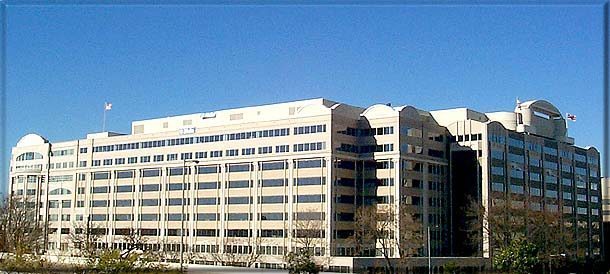The Federal Communications Commission’s ongoing Open Internet proceedings have drawn considerable interest from all sides. As of late last week, the FCC claimed it had received more than one million public comments, including those from telecom operators.
The FCC had initially set a July 15 cut-off date for comments, but extended that to July 18, citing the impact the high number of public comments being filed was having on its systems’ ability to handle the load. “Because of high volume with the commission’s Electronic Comment Filing System, some parties are experiencing difficulties accessing ECFS,” the FCC noted.
The comment period was tied the introduction in late April of a draft Open Internet Notice of Proposed Rulemaking to commissioners regarding the FCC’s future stance on net neutrality enforcement, with the proposal opened up to public comment on May 15. This followed an earlier court decision that sided with Verizon Communications in the company’s net neutrality fight, saying that Internet service providers are not subject to rules that require them to deliver all content at the same speeds.
FCC Chairman Tom Wheeler caused a stir when he initially planned to circulate new rules regarding net neutrality enforcement using a “light touch” model that would have allowed Internet Service Providers to offer up faster network speeds to companies willing to pay for such privileges. However, Wheeler altered those comments in the actual filing.
The main debate today seems to be between public interest groups that want the FCC to ensure through rulemaking that ISP’s can’t ever introduce prioritization for Internet traffic, and ISP’s that claim that they have no intention of ever doing so and that the market place will ensure that they don’t institute such plans. Those concerns were raised earlier this year when streaming content provider Netflix signed peering arrangements with some ISPs to ensure that Netflix customers did not have the quality of their content degraded.
Netflix made a filing with the FCC late last week, arguing that the FCC’s current stance on net neutrality is at odds with the concept of an open Internet and that ISPs should invest more heavily in infrastructure to ensure that companies like Netflix can offer a good user experience.
Verizon came out last week in a filing asking that the FCC continue with the light touch approach, noting that such action has “been central to the Internet’s growth, and it continues to provide the foundation for innovation and investment that serves consumers well.” The telecom giant added that by reclassifying the Internet as something that is more heavily regulated would stymie that innovation and not accomplish the FCC’s target of ensuring equal access to services.
“In contrast, a balanced framework will ensure that broadband providers act reasonably and would protect against backsliding or bad acts that threaten consumers or competition, while preserving flexibility for all providers to experiment with new approaches that could offer new choices and benefit consumers and small players alike,” the company stated in its filing.
That path was echoed by AT&T, which noted that the light touch approach has led to significant investments made into Internet infrastructure.
“History itself tells us that the FCC’s balanced, light touch approach was the right approach because it actually worked,” explained Bob Quinn, SVP of federal regulatory and chief privacy officer at AT&T, in a blog post. As the FCC has noted, from 2009 onwards, wireline and wireless broadband providers have invested more than $250 billion in broadband infrastructure. On the other side of the equation, the Internet has remained open and consumers have accessed a dizzying array of new content, services and applications. That is the environment that every public policymaker should want to preserve.”
Specific to the wireless market, the Competitive Carriers Association in its filing also sided with the light touch approach, adding that any such rulemaking would also need to take into consideration the “substantial differences between wireless and wireline broadband Internet access service.”
“The commission correctly recognized that mobile wireless is different and should be treated with a lighter regulatory touch than its wired broadband counterparts for numerous technical and practical reasons,” noted CCA President and CEO Steve Berry. “Wireless networks, operating over scarce and limited spectrum resources and facing an ever-increasing data demand from consumers, are inherently more constrained than wired networks, and these differences must be taken into account. Additionally, wireless carriers already have spent substantial resources implementing the 2010 transparency rules, and adopting new or different rules will place an undue financial burden on these carriers, especially smaller carriers with limited resources. It makes little sense to change the current rules when they are working. Additional regulation is unnecessary, and I encourage the commission to maintain the same approach to mobile broadband Internet access services as it did in 2010.”
–The FCC late last week updated rules for use of the AWS-3 spectrum that is set to be auctioned off to commercial cellular operators later this year. The updates include the establishment of “protection zones” designed to reduce interference concerns between commercial wireless services and satellite-based communications that will continue in some of the AWS-3 bands.
Make sure to keep up-to-date on policy news by visiting RCR Wireless News’s Policy page.
Bored? Why not follow me on Twitter?

Policy: Open Internet proceeding draws more than 1M comments
ABOUT AUTHOR
